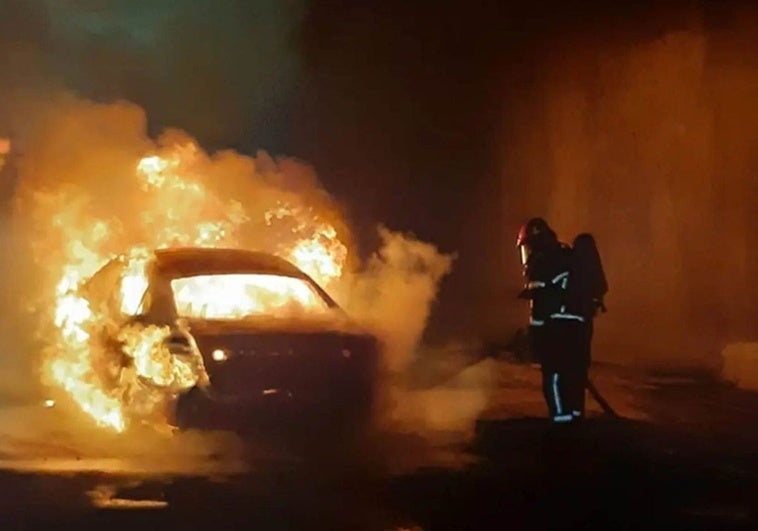Are electric cars safe? The most common questions are answered, backed up by scientific data
Despite the growing pace of EV sales there are still myths and misperceptions that put some drivers off buying one
Motor Channel
Madrid
Wednesday, 2 July 2025, 19:24
Despite the growing pace of electric vehicles sales there are still myths and misperceptions that put some drivers off buying one. To combat this misinformation, Faconauto and AEDIVE (Spain's business association for the development and promotion of electric mobility) have presented the "Decalogue of Electric Vehicle Safety".
This document, backed up by proven data and professional protocols, aims to become an essential tool to dispel doubts and build confidence in this technology.
Both organisations agree that the electric vehicle is no longer a promise but an unavoidable reality. The Decalogue will be distributed in two crucial places: dealers and residents' associations, through property managers.
The document is an informative guide that strengthens the role of the dealer as a trusted channel and the property manager as a facilitator in residential environments. Both are essential to address concerns and contribute to a safe and well-managed adoption of electric vehicles. Safety, they emphasise, is built on useful and accurate information.
Backed by the technical knowledge of AEDIVE, the document offers rigorous answers to the ten most frequently asked questions about the regular use of electric cars. It provides certainties based on scientific data, countering misinformation that hinders both the sale and social acceptance of this technology.
"Dealers tell us on a daily basis that many customers believe in the advantages of electric vehicles, but they still need technical certainty", said José Ignacio Moya, Faconauto's general manager. "This guide has become a key tool for sales advisors to accompany this decision with solid and proven arguments. The dealer not only sells, but also prescribes safe, sustainable and well-informed mobility".
Ten technical certainties
1. Protection by design. Electric vehicles comply with stricter regulations than conventional vehicles. Their batteries integrate continuous monitoring systems from their conception to detect and correct any anomaly.
2. Fewer fires, more safety. The data confirms it: there are fewer electric vehicle fires than combustion vehicles, thus dispelling one of the most common fears.
3. Batteries under full control. They are monitored 24 hours a day. Technology such as LFP (lithium-iron-phosphate) batteries further reduce the risk of fire.
4. Safe home charging. A charging point installed by qualified professionals guarantees a safe experience. In the event of any anomaly, the system automatically interrupts the flow of electricity.
5. No domestic plugs. Using schuko plugs for hours at a time is dangerous. They are not designed for these requirements and can overheat. It is essential to install a specific charger.
6. Minimal but essential maintenance. Although they require less servicing, it is essential to follow the manufacturer's schedule, especially with regard to the battery. Interventions should always be carried out by qualified workshops.
7. Post-impact protocol. If the vehicle's underbody has been hit, it should be checked in a workshop before being parked in a closed garage.
8. Water does put out fires. Far from the myth, water is effective against electrical fires. Firefighters are trained and equipped to intervene, and waste is managed in accordance with regulations.
9. Safe shared spaces. Reporting the presence of electric vehicles allows preventive measures to be taken, such as correctly signposting spaces or planning interventions in the event of an emergency.
10. Professionals, always. The installation of charging points and any revisions should be in the hands of qualified experts, knowledgeable of the regulations and the appropriate protocols.
Arturo Pérez de Lucía, director general of AEDIVE, added that "in recent months there has been a proliferation of unfounded doubts that have become real barriers to electrification". This document, he says, "provides clarity with a technical basis and responds precisely to the most frequent concerns of users, buyers and managers of shared spaces".
The "Decálogo de Seguridad del Vehículo Eléctrico" is now available for free download on the Faconauto and AEDIVE websites. Its strategic distribution seeks not only to reinforce technical advice to customers, but also to facilitate the safe management of electric vehicles in households, thus contributing to accelerating safer and more sustainable transport in Spain.
